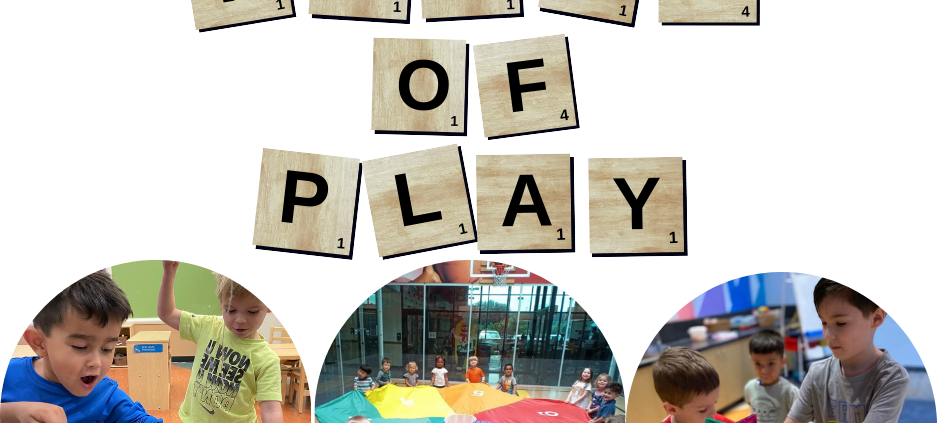The Power of Play: Unlocking Educational Benefits through Games for Kids
In today’s fast-paced world, it’s easy for parents and educators to overlook the immense educational value that lies within a child’s playtime. Play is a natural and instinctive behavior for children, and when structured with purpose, it can become a powerful tool for learning and development. At Imagine Early Education and Childcare we believe in harnessing the potential of play to ignite a child’s curiosity, enhance their cognitive abilities, and foster essential skills. In this blog post, we explore the educational benefits of playing games with kids and why they should be an integral part of early education.
- Cognitive Development:
Games provide a stimulating environment that challenges children to think critically, solve problems, and exercise their cognitive abilities. Whether it’s a simple puzzle, a board game, or a digital learning app, games encourage children to strategize, plan, and make decisions, thereby enhancing their problem-solving skills. Through gameplay, kids also develop their memory, attention span, and concentration, as they actively engage with rules, objectives, and information.
- Language and Communication Skills:
Playing games with kids offers numerous opportunities for language development and communication. Games often involve conversations, negotiations, and instructions, allowing children to express themselves, practice their vocabulary, and develop their communication skills. Board games and interactive storytelling games, for instance, encourage turn-taking, listening, and articulating ideas, fostering language fluency and social interaction.
- Social and Emotional Growth:
Games provide a platform for children to interact, collaborate, and develop social skills. Multiplayer games, team-building activities, and cooperative play help kids understand the importance of cooperation, compromise, and empathy. By participating in games, children learn to take turns, share, respect rules, and regulate their emotions. These experiences contribute to their emotional intelligence, conflict resolution abilities, and the development of positive relationships.
- Numeracy and Literacy Skills:
Games can be designed to promote numeracy and literacy skills, making learning fun and engaging. Math games, for example, can help children grasp basic concepts such as counting, number recognition, and basic operations. Similarly, educational word games, spelling challenges, and storytelling games can improve reading, writing, and language comprehension skills. Through gameplay, children develop a positive attitude towards these subjects, laying a strong foundation for future academic success.
- Creativity and Imagination:
Games stimulate a child’s imagination, allowing them to explore new worlds, scenarios, and possibilities. Creative games, such as building blocks, art-based activities, or role-playing games, encourage children to think outside the box, experiment, and express their ideas. These experiences nurture creativity, problem-solving abilities, and innovation, while also fostering self-expression and boosting self-confidence.
As we can see, playing games with kids is not just about entertainment; it’s a powerful educational tool that supports holistic development. By incorporating purposeful games into early education, parents and educators can create a nurturing environment where children can learn, grow, and thrive. At Imagine Early Education and Childcare we are committed to leveraging the educational benefits of play to inspire young minds and lay the groundwork for a lifelong love of learning. Together, let’s unlock the full potential of our children through the magic of play!



